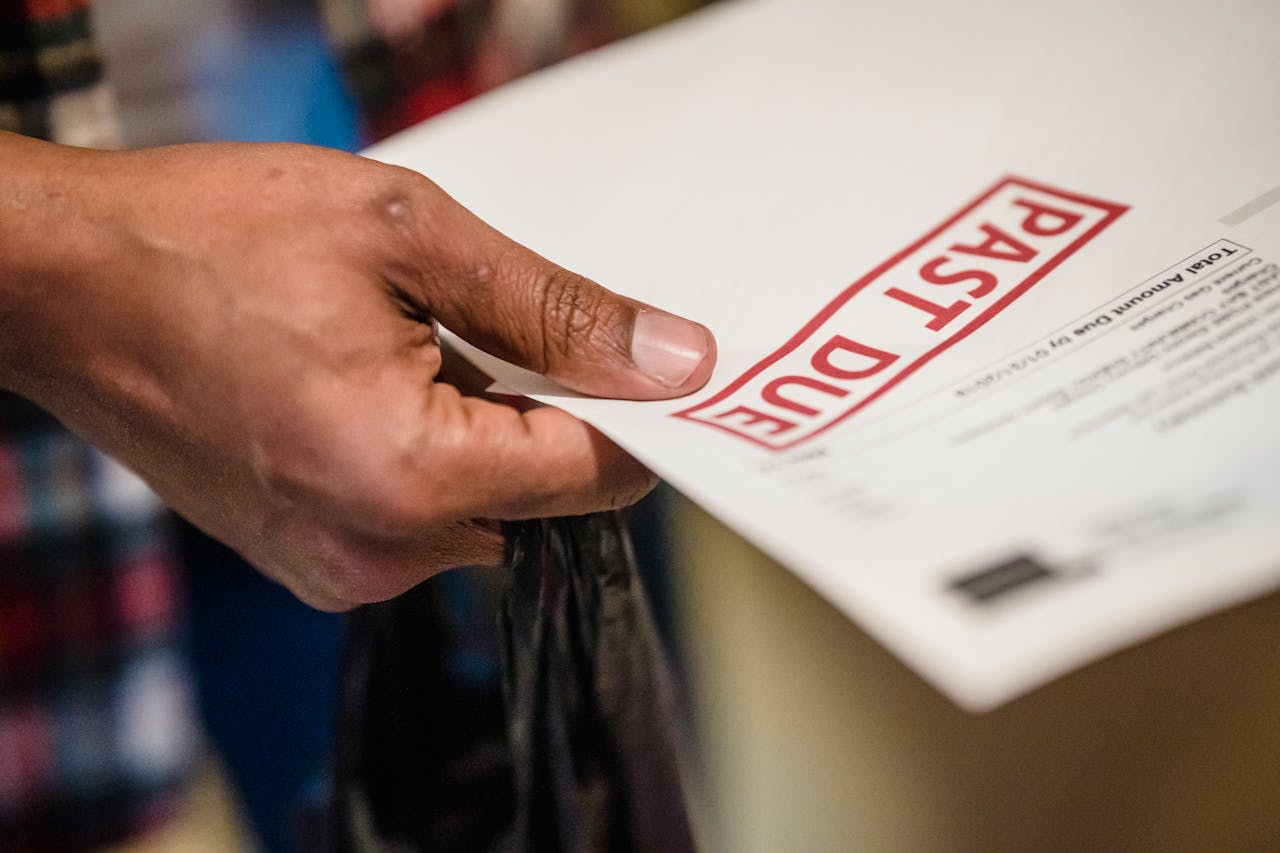
As a small or medium-sized (SME) business owner, chasing unpaid invoices can feel like an endless game of hide-and-seek.
Research shows that late payments cost UK SMEs an average of £22,000 annually and lead to 56 million hours of lost productivity, impacting 62% of small businesses.
Fortunately, there are practical steps you can take to stop issues from spiralling out of control. Here’s how you can minimise late payments and keep your cash flow in check.
1. Establish Clear Payment Terms
A straightforward way to avoid chasing payments is to set clear payment terms from the start. Define your payment period in the contract - whether it’s 14, 30, or 60 days - and clearly outline any late payment penalties.
Consider adding a small, fixed fee for overdue invoices to encourage clients to pay on time. Including these terms from the outset helps to establish a professional tone and reminds clients of their responsibilities.
2. Send Invoices Promptly
Once the job is done, don’t delay in sending your invoice. Research indicates that 87% of businesses are typically paid after their invoice due date. Timely invoicing can go a long way to avoid delays.
Consider automating your invoicing process to send out invoices promptly and accurately. Using accounting software or an online platform can save you time and reduce errors, leaving clients with no reason to delay payments.
3. Offer Early Payment Incentives
Offering a small discount for early payments is a great way to avoid chasing clients. For instance, a 2% discount for payments within 10 days is often a small price to pay compared to the potential loss from unpaid invoices.
4. Set Up Automated Reminders
Automated reminders can be a game-changer when it comes to late payments. Scheduling reminder emails ahead of time nudges clients toward approaching deadlines without any extra effort.
Some SMEs even send gentle reminders a week before the due date, then follow up as the deadline approaches.
5. Keep Communication Professional Yet Friendly
When a payment is overdue, follow up with a friendly reminder—sometimes, a polite call or email is all it takes to get things moving.
Choose your words carefully: instead of demanding payment outright, remind the client of the services provided and the original due date.
6. Don’t Be Afraid to Escalate
Sometimes, despite your best efforts, a client may fail to pay. If this happens, don’t hesitate to escalate the matter. Look into debt recovery services or small claims court.
According to the Federation of Small Businesses (FSB), 50,000 UK businesses close each year due to unpaid invoices.
Ready to Stop Chasing Invoices?
Late payments don’t have to be a hassle. With clear terms, timely invoicing, and a few well-timed reminders, you can keep your cash flow smooth and skip the dreaded ‘chasing’ game.
For more support on managing payments and ensuring prompt client transactions, contact Sanay today to see how we can help keep your business running smoothly—and your invoices paid on time!
Read more articles
- Log in to post comments
